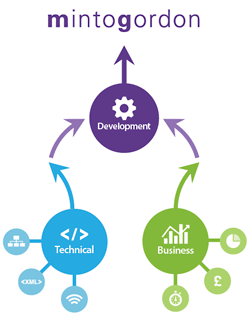Publishing Services

The role of the publisher is a rapidly changing one, not least the question of where the publisher can add value to the publishing process.
Publishers have to deal with publishing content to multiple channels – print, online, ebooks; the re-purposing of content in different ways depending on the method of dissemination; the collection and collation of content in different formats from multiple contributors; the management of contributors; the management of, and support to, customers of online subscribed content.
So many streams of content and so many interfaces. To design systems and processes to manage all of the above requires specialist knowledge and experience.
Which is where we come in . . .
Documentation Services

The term ‘documentation’ is used to describe a range of different types of authored content intended for different audiences – from internal process documentation for staff, through to customer product or user guides. Organisations often view the documentation process as necessary but of less importance than more obvious revenue-generating activities; but poor quality documentation can adversely impact on these revenue generating activities and in customers’ perceptions of an organisation’s products and services.
Good quality documentation has the following attributes:
- Clarity and conciseness
- Correctly focused for the target audience
- Consistency of style and format
- Editorially approved for publication
- Contains the most up-to-date information
The underlying information architecture for the content should be designed to:
- Be extensible and scaleable to facilitate the inclusion of new products or processes
- Permit multi-channel publication from a single source (e.g. online and print)
- Provide for localization of content
- Be easily maintainable
Which is where we come in…
How Can MintoGordon Help?
- Assist with the development of an information management strategy
- Enable organisations to leverage the best value from their information
- Undertake a wide range of development and production services:
- Software development
- Data design
- Legacy data conversions
- Project management
- Print and/or online dissemination of content
- Provide a range of outsourced services as required
- Oversee any change management resulting from the implementation of new information management strategies
